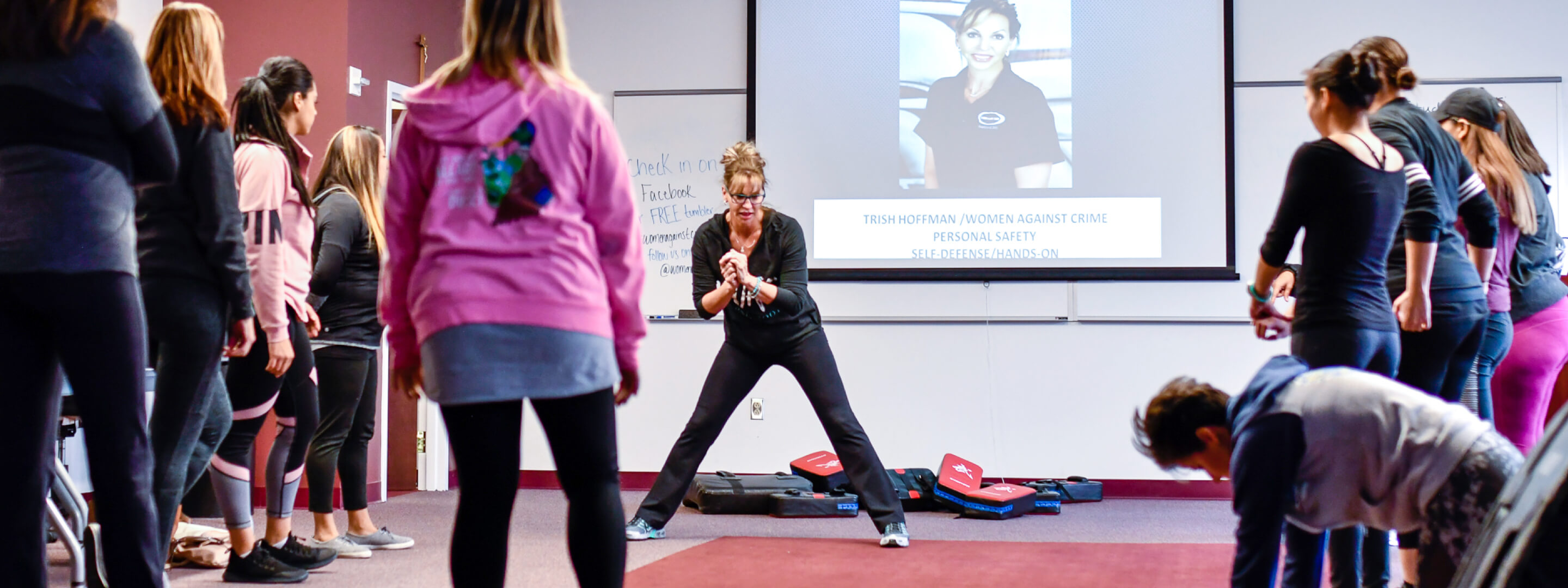The shooting death of a professor at the University of Arizona in October has brought campus safety to the forefront. Colleges work to foster safe environments, but students must still be vigilant and constantly aware of their surroundings. Understanding how a school handles crime prepares for emergencies, and works to reduce threats is something all prospective students and their families should question.
Common questions to ask while on a campus visit:
1. What kind of on-campus safety support is offered to students?
2. How are emergencies communicated to students?
3. Is there a threat assessment team or response team in place?
4. What is the drug and alcohol policy?
5. How is hazing handled?
All students want to feel safe on campus. The Department of Education provides statistics about the types of campus crimes for most colleges. Some common campus crimes include dorm room theft, vehicle theft, and forcible sex offenses. There has also been a rise in active shooters. Security protocols continue to evolve as schools aim to protect students and faculty. Making sure students have access to tools to help them stay safe is essential.
Essential Safety Checklist:
- Attend a safety training class.
- Exchange family contact information with your roommate(s).
- Be aware of your social media settings, including location and viewing permissions.
- Sign up for campus emergency alerts and know how to contact public safety and the police.
- Always lock your dorm room and secure your valuables.
- Do not let unknown individuals into the residence halls.
- Familiarize yourself with the campus layout and use the buddy system, especially at night.
- Use campus security escorts and safe rides.
- Add a safety app to your smartphone.
- Carry a self-defense item, such as an equalizer or pepper spray.
- Share trip details with family or friends when using a ride-share service.
Students should not have to fear for their well-being while at college. Feeling safe and secure on campus means students can focus on their studies and other collegiate activities. Talking about personal safety is something that should be done periodically. Students who are informed are more likely to steer clear of dangerous situations. Prepared students are more likely to be unharmed if an attempted crime occurs.
Women Against Crime can help. We offer one-on-one, group, and corporate safety training sessions in Albuquerque and Scottsdale. Trish Hoffman, Founder of Women Against Crime, is a retired Lieutenant of the Albuquerque Police Department and brings her personal and professional background to the organization. Trish is also a dynamic guest speaker for corporate and private events. Contact Women Against Crime to learn more.

